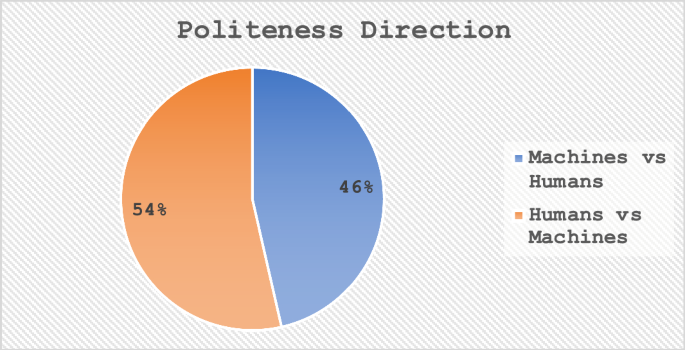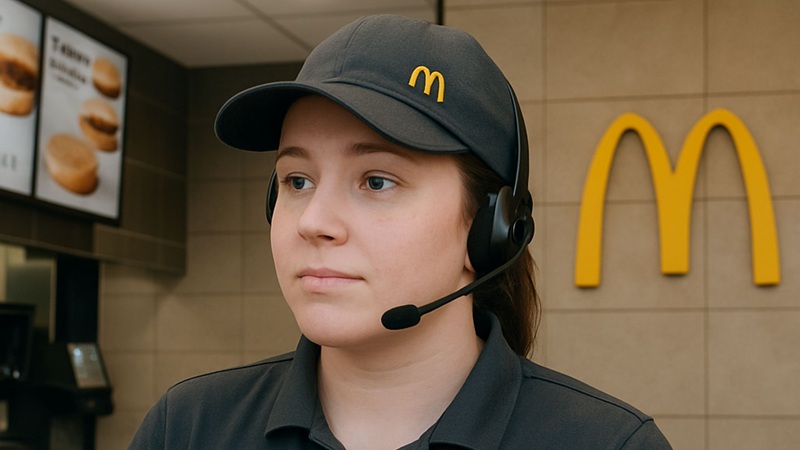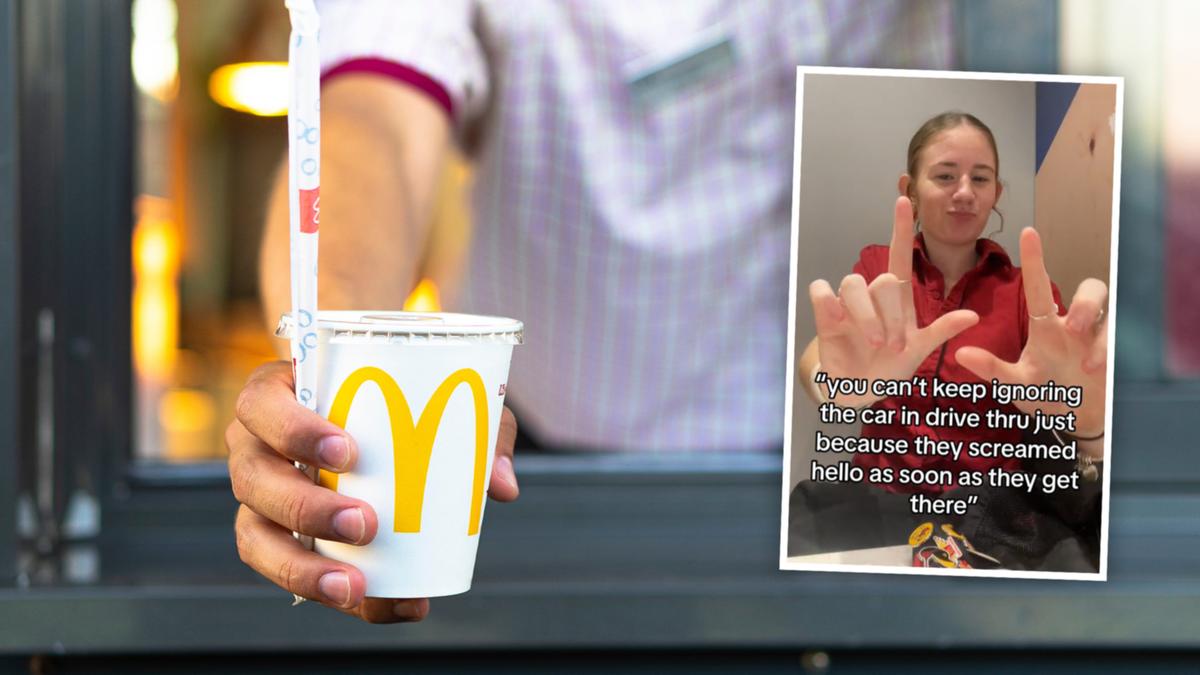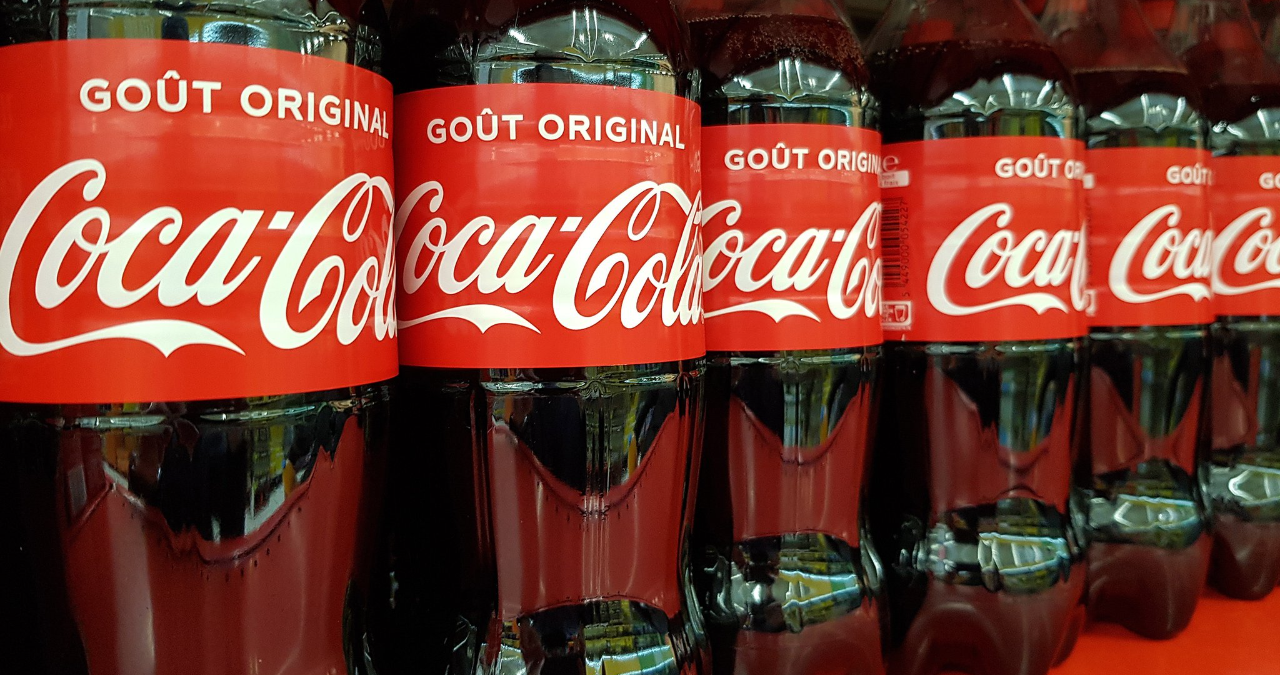A McDonald’s worker reveals customers who greet them may be ignored, sparking debate on fast-food culture, employee stress, and what really happens behind the counter. Here’s the real story.
Behind the Counter: The Unexpected Reality of Being Greeted
It sounds counterintuitive, right? When a customer walks into a McDonald’s and greets the worker with a friendly “Hi” or “Good morning,” you’d expect that friendliness to be reciprocated. But according to a McDonald’s worker who spoke out on social media, customers who greet them may be ignored entirely. The internet didn’t take long to react.
This revelation has stirred up some controversy online, especially among those who consider a smile and polite greeting to be common courtesy. But for those who’ve worked in fast food, the sentiment behind this seemingly rude behavior may not be as straightforward as it seems. This isn’t about disrespect—it’s about systemic issues, personal exhaustion, and sometimes, the practicality of multitasking.
The Fast Food Workload and Mental Load
Fast food jobs like those at McDonald’s are famously fast-paced. Workers have to juggle multiple tasks at once: managing orders, prepping food, cleaning, communicating with the kitchen, and handling technology glitches. The expectation to be constantly alert leaves little time to focus on pleasantries, no matter how well-intended they may be.
When a customer walks in and greets a busy employee, it’s not that the worker is intentionally being rude. They may not even have registered the greeting because they’re already processing three tasks in their head. This is especially common during rush hours or when staff is short.
A Peek into the Drive-Thru Chaos
The drive-thru adds another layer to the madness. Employees often handle multiple screens, voice commands, and food prep all at once. Greeting someone might simply not be feasible when you’re listening to a headset and coordinating with kitchen staff in real-time.
In that environment, something as basic as saying “hello” can be perceived as an extra cognitive load. It doesn’t mean that the worker doesn’t appreciate politeness; it just means their brain is prioritizing other urgent tasks at that moment.
Politeness vs. Performance Metrics

Fast food giants like McDonald’s operate on tight performance metrics. Workers are expected to keep service times under a strict limit. Every second counts. That extra second spent replying to a greeting could mean the difference between praise and reprimand from a manager.
So when a McDonald’s worker reveals customers who greet them may be ignored, it’s less about poor manners and more about meeting corporate expectations. Workers are trained to prioritize speed and accuracy above all, even if it compromises the customer interaction experience.
The Social Media Reveal: What Sparked the Controversy
The viral revelation came from a TikTok video where a McDonald’s worker explained that greetings often go unanswered because they’re focused on the work at hand. The comment section was a war zone: some people were outraged, while others, particularly those with service industry experience, understood immediately.
The video struck a nerve, exposing a disconnect between customer expectations and employee realities. Many viewers admitted they assumed ignoring a greeting was poor customer service, but this new perspective made them rethink.
Customer Expectations in the Age of Fast Food
There’s a general assumption that fast food employees should always be cheerful and ready to engage. But this expectation often ignores the human aspect of these roles. Workers are not robots; they’re individuals dealing with pressure, stress, and fatigue.
The average customer spends just a few minutes in the restaurant. Meanwhile, the employee might be eight hours into a shift with minimal breaks. Greeting someone seems easy, but returning that greeting with enthusiasm requires energy that might simply not be there.
Emotional Labor and Burnout
Emotional labor is a hidden tax on workers, especially in service roles. This includes smiling, maintaining a friendly tone, and being consistently pleasant. For minimum wage, many feel it’s too high a price.
When you add emotional labor to physical labor, burnout becomes a real threat. That’s why some employees subconsciously shut off the social parts of their job. Ignoring greetings is less about attitude and more about emotional survival.
A Culture of Understaffing
Understaffing is another major issue at McDonald’s and similar chains. Fewer workers mean more responsibility for each person. One employee might be responsible for taking orders, bagging food, and restocking—all simultaneously.
In such scenarios, the bandwidth for social niceties disappears. Greeting back could be seen as a luxury when you’re racing the clock. The system isn’t designed for hospitality; it’s designed for throughput.
Training Priorities: What McDonald’s Actually Teaches
Interestingly, many McDonald’s training programs do emphasize customer interaction. However, once an employee is on the floor, priorities shift. It’s not uncommon for workers to be told to skip small talk to keep lines moving.
So while training might suggest that friendliness is part of the job, the on-the-ground reality often contradicts that message. Employees quickly learn what actually gets rewarded: speed, not charm.
The Gap Between Corporate Messaging and Worker Reality
McDonald’s marketing focuses heavily on community, smiles, and positive customer experiences. But the reality behind the counter can be much grimmer. Employees working double shifts or dealing with irate customers aren’t exactly in the mood to be cheerful.
This gap between brand image and worker experience creates confusion. Customers come in expecting a smile. Employees are just trying to make it through the hour. It’s a recipe for misunderstanding.
Customer Empathy and Changing Perspectives
The silver lining of this viral revelation is that it opens up a dialogue. Customers who might have previously taken offense at being ignored are starting to understand why it happens.
In fact, many are now choosing to continue greeting employees anyway, even if they don’t get a reply. It’s a quiet act of kindness that acknowledges the worker’s effort without demanding energy in return.
Tips for Being a Considerate Customer
If you want to be supportive without overloading a fast food worker, consider these:
- Greet, but don’t expect a reply.
- Be patient during busy hours.
- Keep orders clear and concise.
- Avoid unnecessary complaints.
These small actions can make a big difference in a worker’s day without asking too much of them.
Quotes from Former Employees
“It’s not personal. Sometimes you just don’t have the energy to talk back.”
“We were told to prioritize service speed, even if it meant skipping greetings.”
“I love friendly customers, but sometimes I can’t even hear them over the noise.”
These quotes add firsthand credibility to what many might assume is just an excuse. They highlight the reality that many workers face daily.
A Look at Global Perspectives
In other countries, fast food culture varies. In Japan, politeness is deeply ingrained in every service interaction. In France, service is often more reserved. The U.S. fast food scene is unique in its emphasis on speed over experience.
Understanding these cultural differences helps frame why a McDonald’s worker reveals customers who greet them may be ignored. It’s a cultural outcome shaped by corporate demands and social norms.
The Role of Technology in Communication Gaps

Self-service kiosks and digital menus have reduced direct interaction. Yet, when interaction does occur, it stands out more. This shift has made it easier for workers to focus on tasks but harder for customers to feel acknowledged.
Technology isn’t the villain here, but it plays a role in shaping how communication happens—or doesn’t happen—at fast food joints.
FAQs
Why would a McDonald’s worker ignore a greeting?
Because they may be overwhelmed, multitasking, or following strict service time policies that prioritize speed over customer interaction.
Is it rude for a worker to ignore a customer greeting?
It might feel rude, but it’s usually not intentional. Workers are often just mentally occupied or under pressure.
Should I still greet McDonald’s workers?
Absolutely! Even if they don’t respond, your kindness is noticed and appreciated.
Are McDonald’s employees trained to ignore greetings?
No, but the pressure to meet performance targets often overrides soft skill training in practice.
What can I do to be a better fast food customer?
Be patient, clear with your order, and show empathy. Small actions go a long way.
Conclusion: It’s Not About You, It’s About the System
When a McDonald’s worker reveals customers who greet them may be ignored, it offers a rare glimpse into the fast food world’s inner workings. It’s not about personal disrespect; it’s about corporate pressure, human exhaustion, and operational design. The next time you say “hi” and don’t get a reply, remember: you’re still making a difference by showing empathy in a high-pressure world.
McDonald’s Worker Reveals Customers Who Greet Them May Be Ignored




